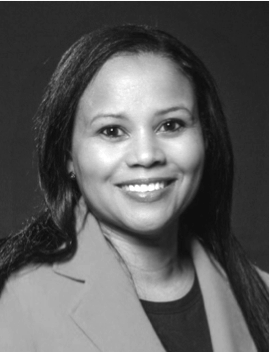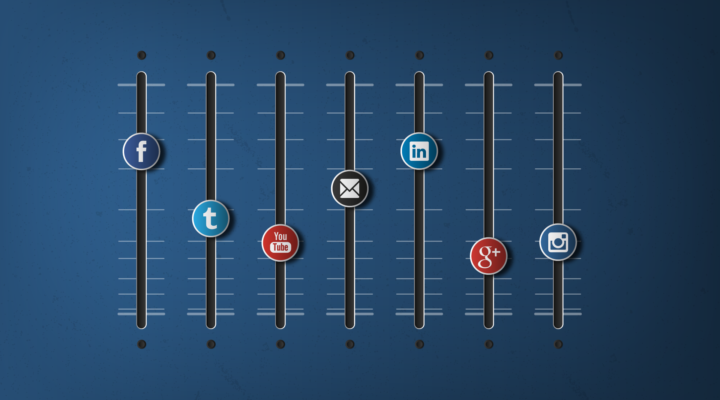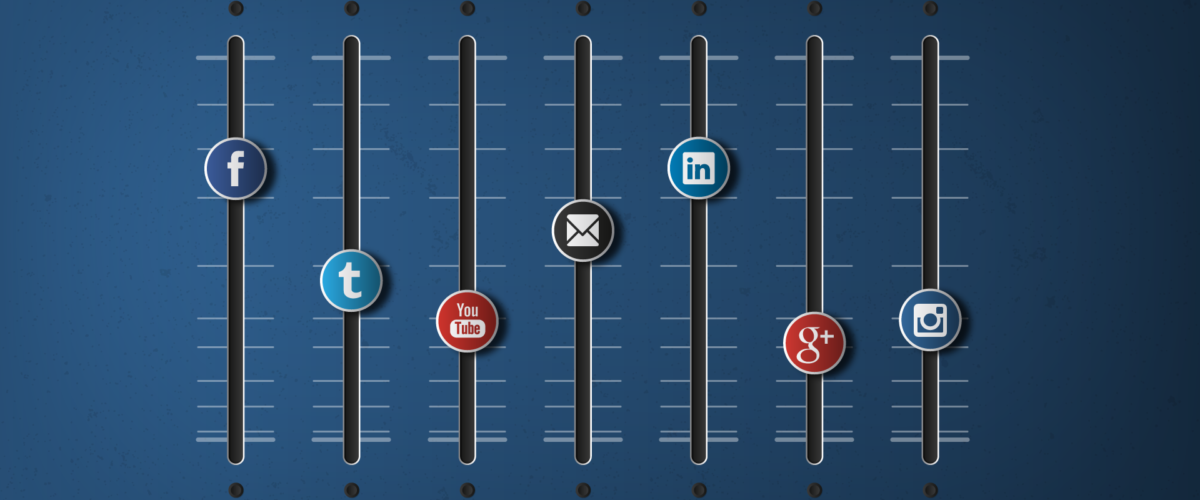It’s time to re-friend and unblock those people you unfriended and blocked before and after the election, Mia Moody-Ramirez says.
And if you deactivated your Facebook, Twitter or other social media accounts because the anger and fear were boiling over, then jump back in, says Moody-Ramirez, professor of journalism, public relations and new media at Baylor University.
Doing so, she said, can foster reconciliation between those shocked by Donald Trump’s election, and those elated by it.
“We have to find some type of mutual understanding,” she said.

Mia Moody-Ramirez (Baylor University photo)
The path to healing, in a social media context, begins with having friends who have a variety of viewpoints, she said.
Moody-Ramirez spoke with Baptist News Global about how to take the first steps toward healing shattered online relationships.
How much did this topic come up in your academic and social circles before the election, and since?
We began to see it more leading up to the election just in discussions with students, people in general, and I’m on social media quite a bit. … Not only do I use it, but I manage social media accounts for organizations locally, in the region and on a national level. I began noticing changes two months leading up to the election. It intensified the week of the election and … and even peaked after the election.
What kinds of changes did you see during that period?
People disagreeing. A lot of people saying they were going through their Facebook lists and unfriending people and blocking people. … There are different degrees to this. You can unfollow people, you can unfriend and blocking would be the biggest thing you can do. … Some people were just overloaded. Even my daughter — she actually deactivated her [Facebook] page the day of the election. That’s the fourth level. But she reactivated it later.
You have suggested not unfriending or blocking people in these times. Why?
Because unless it’s hate speech or they are actually cyberbullying you, or if it’s overwhelming you, I think it is good to not only post your own comments but to partake in the opinions of others. When you begin to defriend people, then all your posts, and your feeds, begin to look very similar. I tell my students they should watch Fox, CNN. You want to watch different outlets so you get different perspectives. … Your feed begins to look very homogenous and you are not able to see the viewpoints of other people when you block or unfriend people. … I would rather have a diverse feed — as long as there is no hate speech involved..
Is this something that has been studied by scholars?
Not yet and I’m actually working on a paper. I presented a conference paper on the subject last month, on whether you can use social media for reconciliation.
How can social media bring reconciliation between individuals and groups?
The first step is having a feed that’s very diverse, not just one with people whose viewpoints you share. The possibility of reconciliation is still there with that diversity, when we are not divided. In this environment you can disseminate positive messages, calling for people to pray for peace. In fact you see more of that now that people are not as angry, now that we are removed from the election.
Is it as simple as making constructive comments on posts?
You have to have critical reflection and dialogue with the opposed group. If your feed is very one-sided, you can’t dialogue with the opposed group. … It doesn’t mean you have to agree on everything but we do have to come to common ground. … Being able to empathize with people and walk in another person’s shoes.
How does someone make a beginning at this?
Pray for peace. Some people are putting a disclaimer up saying “this week I am adding some people back,” just to see how it goes. That would be good. We see when people purge. I would like to see that go the other way. Try unblocking some people just to see how that goes.


